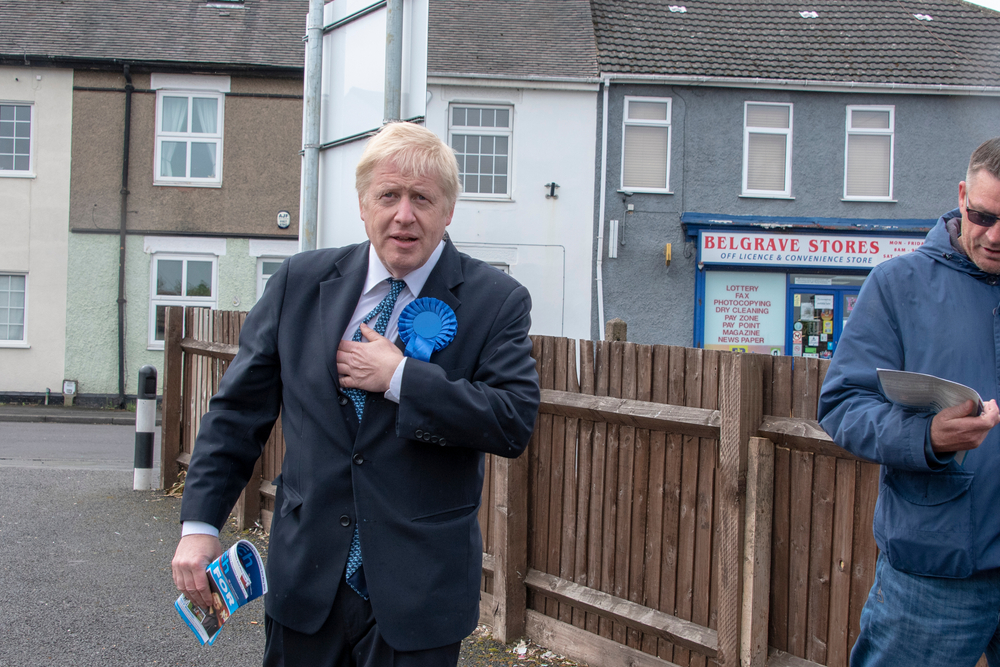Ed Miliband’s election as Labour leader prompted some Conservatives, and even some seasoned political columnists, to declare that the next election was now in the bag for the Tories, despite the difficult cuts that have dominated discussion at last week’s conference. Many assume that, while his brother was ready to appeal to the moderate voters who deserted Labour in May, Ed’s Left-leaning instincts and union ties will inevitably lead him further from the voters he needs to connect with. I don’t think it will be as simple as that.
In the weeks leading up to the result I conducted some polling to compare the views of Labour members and union supporters with those of voters who moved away from the party at the last election. The contrast was illuminating. While swing voters said Labour lost because of Gordon Brown, a lack of answers on important issues and a feeling that the government had run out of steam, the Labour movement blamed voters’ failure to appreciate what Labour had done, the Right-wing media and the way policies were communicated (not the policies themselves).
Overwhelmingly, Labour supporters thought the party did not deserve to lose. While three quarters of swing voters thought Labour must accept a large part of the blame for the economic situation, most in the Labour movement disagreed. Swing voters were much more likely than Labour supporters to see the deficit as a serious problem that must be dealt with urgently, and that the Coalition’s proposed cuts were unavoidable.
While swing voters wanted Labour to acknowledge its mistakes, most in the movement wanted to see the new leader defend the party’s record. The leadership’s support for public sector strikes – demanded by the movement – would be a turn-off for their target voters.
Labour supporters see swing voters, whom they must win back if they are going to return to government, as ignorant, credulous and selfish. Most dangerously of all, they think the coalition will prove so unpopular that Labour will win the next election almost by default, without needing to change.
Ed Miliband’s victory is a symptom of those attitudes, and the collective refusal to come to terms with what has just happened. But I was not among the Conservatives cheering the leadership result. Ed Miliband must know that he owes his position to people who do not share the outlook of the wider electorate. It would be astonishing, then, if he followed the script apparently drafted for him and meekly accepted the defeat that would be inevitable.
Victory for David would have been understood by those outside Labour as a signal that the party wanted to reach out. For some in the Labour movement, though, such a result might have seemed enough of a concession to the centrist tendency, and there would have been a temptation to believe that David’s leadership sent the right message all by itself.
Ed, though, knows he can’t be complacent. He must go out of his way to change people’s assumptions. He knows he is only there by the grace of the unions, and he knows everyone else knows it too. The perception that he leans well to the Left of mainstream opinion will keep him on guard against confirming he deserves his “Red Ed” moniker.
Parts of his conference speech reflected this awareness. He acknowledged that Labour had lost touch and the need for the party to change. He declared that the deficit needs to be reduced and promised to be realistic by not opposing every cut. He warned the unions that he would not automatically support industrial action – though opposing “waves of irresponsible strikes”, as he put it, is a pretty flimsy measure of his commitment on that score.
Words and actions are not the same thing, of course. His first real test was appointing his shadow cabinet, and here, too, he has defied expectation. Many predicted that Ed Balls – who has consistently argued that unaffordable spending should continue, with no cuts at all this year – would become shadow chancellor. The appointment of Alan Johnson suggests that the leader has not necessarily closed himself off from reality as far as the deficit is concerned – and that he understands the need to do more than rally the Labour heartland.
The next test will be the Comprehensive Spending Review. Mr Miliband says he will not oppose every cut. But which will he support? And for those he doesn’t like, will he be able to bring himself to propose credible alternatives?
With 258 seats, Labour’s predicament is nothing like as bad as that of the Tories after 1997. Their recovery will not be automatic, and following the instincts of the Labour movement, rather than the voters, will move them further from victory. But to expect Ed Miliband to leap obligingly into every trap is just wishful thinking.


